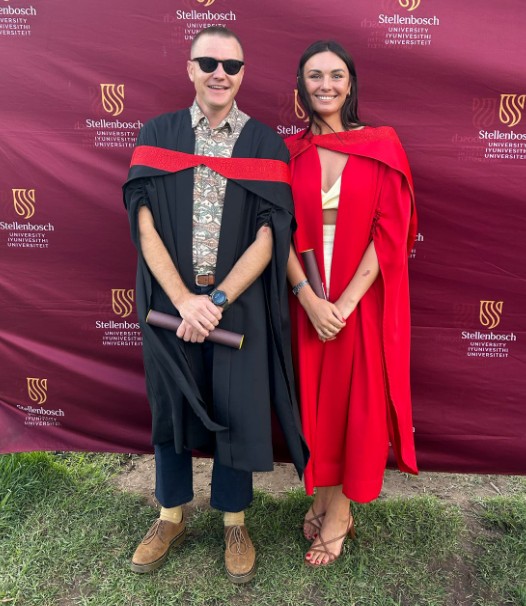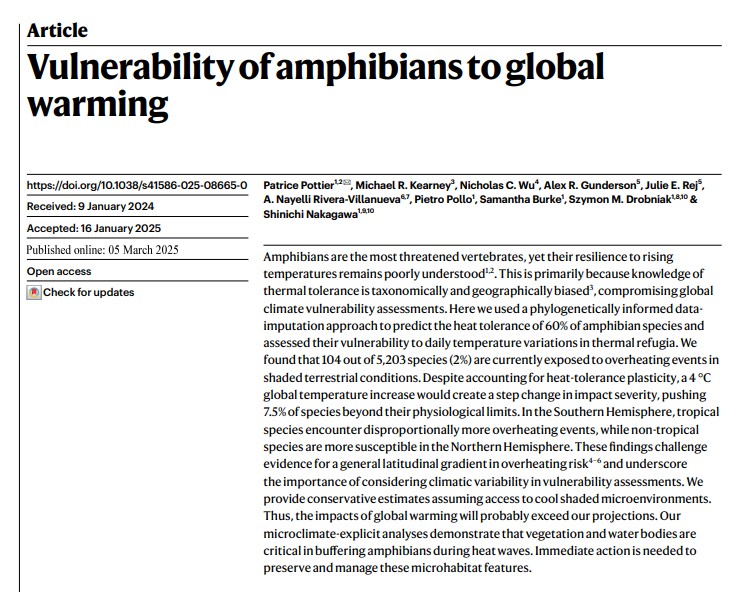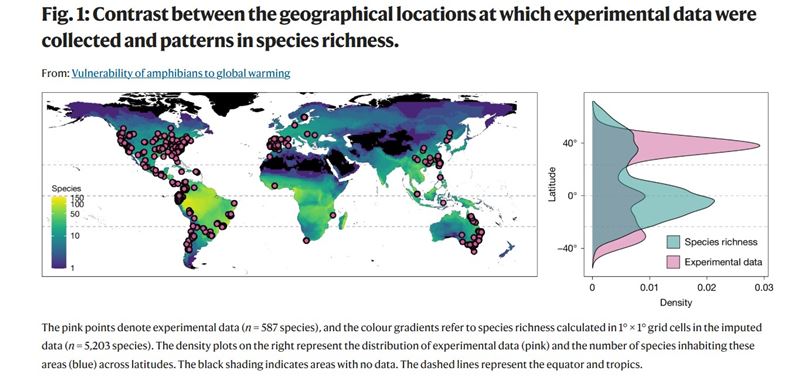Jonathan and Sasha graduate
Graduation time is a celebration of years of hard work. Today, it was the turn of Sasha Dines PhD and Jonathan Bell MSc.
Sasha did her PhD on the use of acoustics to monitor populations of the Indian Ocean humpback dolphin (Sousa plumbea) - allegedly South Africa's most endangered mammal (other mammals may also be threatened). Her PhD worked involved years of deploying microphones into the sea in areas where the dolphins occur, and then trawling through thousands of hours of recordings listening for the occassional whistle or moan. Sasha found that acoustic monitoring might be a superior way of assessing the populations of Indian Ocean humpback dolphin as each individual has it's own signature whistle that can be recognised.

Jonathan (aka JJ) spent several years looking into the perceptions of members of the public into how they perceived the right for access onto their properties to remove invasive species. Jonathan also looked into the best times in which to remove invasive Guttural Toads from urban properties. It turns out that the toads are most easily captured at night when the lights are on (not as simplistic as you might think!).
We are very proud of the achievements of both Sasha and Jonathan and congratulate them again on their graduation. It has been a privalege to have them as members of the MeaseyLab at Stellenbosch University. We look forward to hearing more about their achievements in future.
Dines, S. (2025) Applied passive acoustic monitoring of South Africa's most threatened marine mammal, the Indian Ocean humpback dolphin (Sousa plumbea). Stellenbosch University, PhD thesis
Bell, J.J. (2025) Right time, right place: a mixed method approach for invasive species management. Stellenbosch University, MSc thesis


